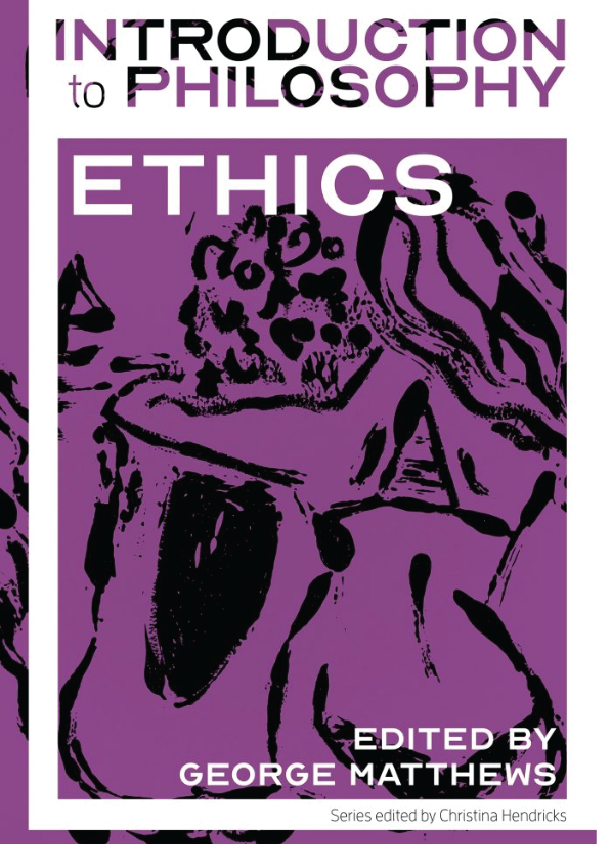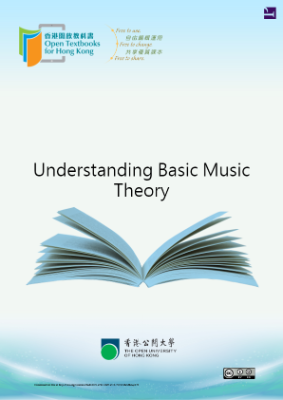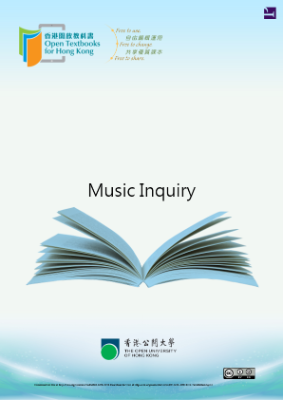Is it ever acceptable to lie in order to protect someone from harm? Is selfless generosity really possible, or are we humans always in one way or another motivated by selfish concerns? Should loyalty to family, friends and one’s immediate community take precedence over one’s duty to obey the law? Such questions, which belong to the rich and complex domain of moral reflection, are no doubt familiar sorts of questions, even if there may seem to be no clear way of answering them with more than a shrug of the shoulders and the assertion that “it all depends….”
Moral philosophy or ethics (I am here using these terms as broadly synonymous in spite of distinctions between these terms that are sometimes made) is that branch of philosophy which is concerned with the critical examination of these kinds of questions, along with the implicit assumptions and theoretical commitments that lie behind them. Ethics is a branch of philosophical value theory devoted to exploration of the broad rules which define, regulate and constrain our social lives, as well as with the more abstract consideration of moral evaluation itself. Thus it also considers such questions as whether there are general or even universal principles to which we may appeal in our attempt to negotiate particular ethical dilemmas we may face. What might such principles look like and why should we in fact follow them when they require us to set aside our impulses or interests? Are universal principles even desirable as a goal in ethical deliberation and human development?
Clearly moral reflection and deliberation lie at the core of what it means to be human, members of a species dependent upon each other and yet often unreliable and opportunistic at the same time. Nevertheless moral thinking presents us with a deep puzzle. We are all intimately familiar with moral thinking, while at the same time it may seem completely unclear how to approach it in anything but a piecemeal fashion, reliant upon received ideas, customary approaches, and gut feelings. And this is certainly not for a lack of attempts to get things right about the nature, origin, and basis of judgments about right and wrong. These go back to at least the beginning of recorded history as is evident in some of the earliest extant written artifacts, such as the stele of Hammurabi from ancient Mesopotamia and the Buddhist King Ashoka’s inscriptions on pillars and boulders from the Gangetic plain in ancient India. The following chapters take up this puzzle as their authors explore some of the major theoretical approaches to moral philosophy under the conviction that we both can and should subject moral reflection to critical analysis in search of the truth (or maybe the truths) about ethics.











